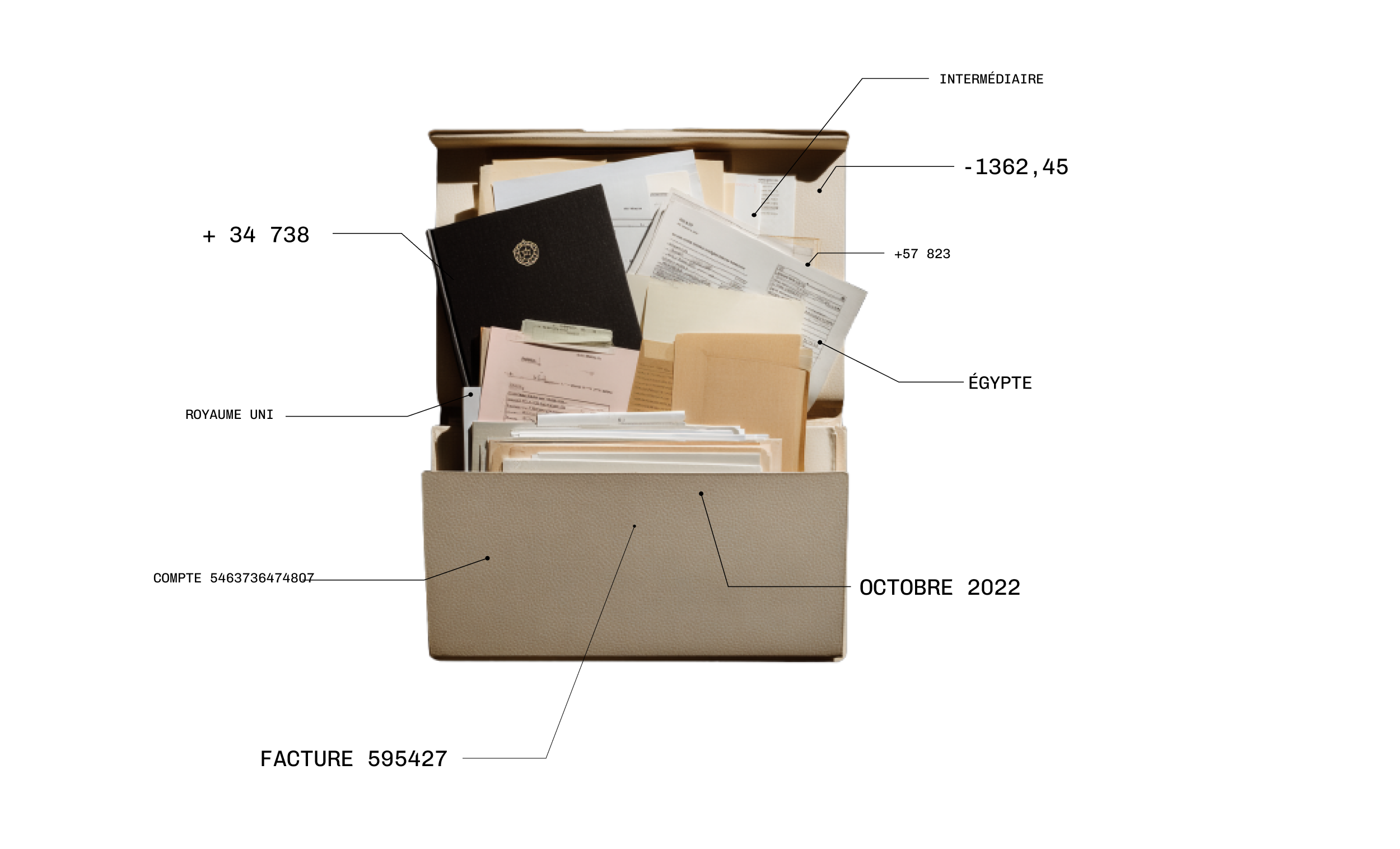Internal investigation in the defence industry
Internal investigations have become an essential tool of governance and compliance. They allow companies to quickly clarify facts, identify responsibilities, and define appropriate corrective measures. In the defense industry, however, such investigations carry particular complexity and sensitivity: the matters under review often touch on national sovereignty, relations with authorities, technological confidentiality, and the integrity of stakeholders. Understanding these specificities is crucial to conducting an effective investigation without compromising either the company’s security or that of the State.
1. Diverse triggers
As in other sectors, internal investigations in defense are often initiated by the most common triggers: whistleblower reports, internal audits, or suspicions of fraud or corruption.
They are also distinguished by triggers specific to the sector’s sensitivity, such as:
Irregularities in the execution of an export contract,
A security incident involving classified information,
Weaknesses in a partner operating in a high-risk area,
Or suspicion of violation of an embargo regime.
These events, occurring in an environment where trust from the State and prime contractors is central, immediately place the company in a strategic management posture.
2. Limited access to information and witnesses
The very purpose of an internal investigation lies in the collection and analysis of documents to determine the reality of alleged or suspected facts. In the defense industry, however, the protection of sensitive or even classified information may restrict the free circulation of data. Investigators, whether internal or external to the company, must contend with these constraints. The company, for its part, must balance the need for clarity against the imperative of limiting access to sensitive information strictly to those with a legitimate “need-to-know.”
An initial mapping of information flows by sensitivity level helps identify which data investigators will and will not have access to.
Subsequently, it may prove necessary to integrate into the investigation team specific reference persons with access rights, who can:
Conduct interviews during which sensitive or classified matters are likely to be discussed;
Analyze classified documents and provide summarized findings to the broader investigation team.
3. A plurality of authorities with converging but distinct expectations
The institutional landscape is denser in defense than in many other industries. DGA and SBDU for export control, the Ministry of the Armed Forces for protection of classified information, the Treasury for foreign investment, and the French Anti-Corruption Agency (AFA) for anti-corruption: each may be directly or indirectly concerned by the outcome of an internal investigation.
The investigation report must be capable of identifying the information and conclusions relevant to each authority. Likewise, remediation measures proposed should reflect the missions of all authorities involved.
Moreover, the investigation and its report must take into account potential proceedings by foreign authorities, notably American and British, exercising extraterritorial jurisdiction. Any report shared with foreign regulators should be limited to information strictly necessary to establish the facts.
4. The structuring role of counsel
Internal investigations usually combine internal teams (legal, compliance, audit, HR) with external advisors. In the defense industry, the balance is particularly delicate, as confidentiality and rigor are imperative.
The lawyer plays a central role, ensuring protection through legal privilege and safeguarding the fairness of the process. As highlighted by the French National Bar Council, counsel acts as a bulwark enabling companies to reconcile legal security, respect for the rights of defense, and the controlled communication of findings to authorities.
5. Fairness, proportionality, and respect for rights
Fundamental rights must be respected in any internal investigation, even in such a sensitive sector. Data collection must remain proportionate, and interviews with employees must be conducted fairly.
These principles are not merely formalities: they provide assurance of the investigation’s robustness, including in the event of subsequent review by an administrative or judicial authority.
6. The investigation report: a strategic compass for the company
The investigation report, as the product of collected data and analysis, becomes a true strategic tool for the company.
By establishing the facts, it highlights organizational vulnerabilities — whether in policies requiring improvement, investments to be made, recruitment needs, or competencies to be developed.
If subsequent proceedings occur, the report also demonstrates the company’s commitment to understanding its vulnerabilities and the willingness of senior management to address them.
Finally, by proposing remediation paths, it provides management with visibility on priorities, always calibrated to the company’s human, financial, and material resources, thereby serving as a decision-making aid at a strategic level.
7. After the investigation: a demonstration of credibility
An internal investigation is meaningful only if it results in effective remediation. In defense, demonstrating the ability to learn from an incident is decisive: revising classification procedures, strengthening export control processes, training operational staff, or adapting partner-selection protocols.
Such measures, when documented and communicated appropriately, are clear signals to authorities and prime contractors of the company’s solidity and reliability.
8. A tool serving sovereignty
Internal investigations go beyond compliance. They strengthen the resilience of the value chain by providing companies with the means for rapid clarification and documented remediation.
In defense, this role takes on heightened importance given the sector’s contribution to safeguarding fundamental national interests. The internal investigation thus positions itself as a strategic instrument of resilience and trust.
9. Conclusion
Internal investigations in the defense industry demand a tailored approach. They combine the proven methodologies of other sectors with the particular requirements of classified information, the multiplicity of competent authorities, and international sensitivities. They rest on a careful balance between transparency and prudence, procedural fairness and sovereignty imperatives. When conducted effectively, they transcend compliance and become a constitutive element of strategic resilience for defense companies.


